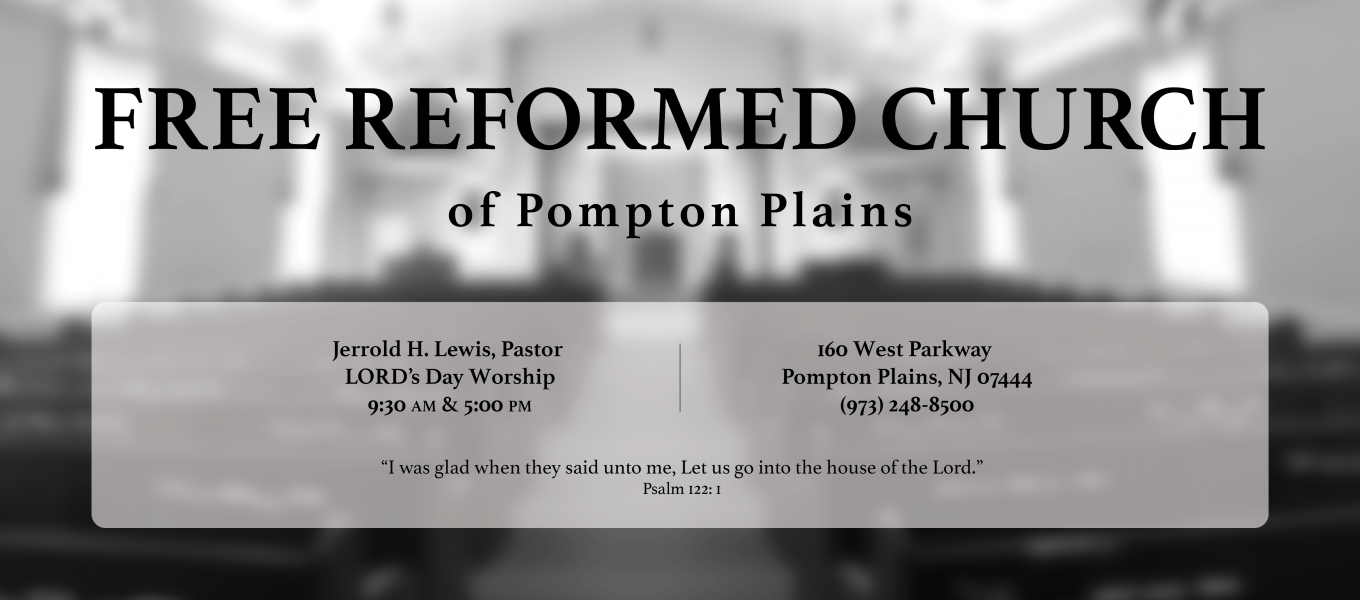Read Genesis 28:10-22
Dear congregation,
There are several other theophanies and at least five more Christophanies in the Old Testament. While there was no time to preach them all, I thought I’d at least share with you what I have found in my studies.
In Genesis 28, Jacob has fled. From home, yes, but especially from Essau. After dressing up like him, and pretending to be him, he must escape lest Essau find him and kill him. We read in this chapter that Jacob would do anything to get that “Firstborn’s Birthright.” Lie, cheat, steal, whatever. Jacob’s smart, bold, and too clever by half. What would he do once he has the beloved birthright? He probably didn’t think that far. Thankfully his partner in crime did. Once he had it, all he could do was run (Gen. 27:43). Where? To his uncle Laban’s house, his mother’s brother.
We read verses 10 and 11, “And Jacob went out from Beer-sheba, and went toward Haran. And he lighted upon a certain place“. We’ll see something significant here if we pause for a minute. The Hebrew word we translate as “certain” is māqôm, which means not just any old place. It is a very specific place—even a ground where others’ feet have trod. A place that Jacob will visit and revisit several times before his life ends.
He arrives at nightfall. He thinks he is alone. And in many ways, he is. In another, he’s not alone at all.
After a very long journey (40 miles!), Jacob rests his weary head on a small quarry of stones for a pillow (v.11). It seems fitting, don’t you think, that Jacob, a man accustomed to always doing things the hard way, would providentially be given a stone pillow? But as MH points out,
“In his hard lodging, he had a pleasant dream. Any Israelite indeed would be willing to take up with Jacob’s pillow, provided he might but have Jacob’s dream.”
Matthew Henry on Genesis 28
And in that dream, Jacob sees a ladder… stretching from earth to heaven, with angels ascending and descending upon it. (v.12) What a glorious sight that must have been.
However, this sounds strangely familiar to our New Testament ears. That’s because Jesus says to Nathaniel, at the beginning of His ministry in John 1, “Hereafter ye shall see heaven open, and the angels of God ascending and descending upon the Son of man.’ On Himself. He is Jacob’s ladder! How? By being the Mediator of the Covenant of Grace. (Heb. 9:15) Mediator how? By being both heavenly and earthly, Divine, and human, the Son of God and the Son of Man. Suddenly, Jacob’s ladder is no more exclusively his. It’s the believer’s too. And now the “certain place” mentioned in verse one is reconciled in verse 13, “And behold, the LORD stood above it (the ladder), and said, I am the LORD God of Abraham thy father, and the God of Isaac: the land whereon thou liest, to thee will I give it, and to thy seed.” This is the very spot God promised to Abram. Abram built an altar to God here in Genesis 12:8 “There he built an altar to the LORD and called on the name of the LORD.” Later, after visiting Egypt, Abraham returned to Bethel and offered unto God again (Genesis 13:3,4). Yes, Jacob spent the night here and saw the LORD. However, in a short time, that Ladder will come down and wrestle with Jacob to the saving of his soul. On this spot. (Hosea 12:4) Beth-el, “God’s House,” has more to teach us than we thought.
With this theophany congregation, we now pass from the lonely and mysterious twilight of the book of Genesis, to the well-traveled roads between Jordan and Galilee. We finally enter into the historical landscape of the gospel in a little town 6 miles southeast of Bethlehem called Nazareth. We read Jesus saying in John, this ladder is Him. “Nathaniel, you will soon witness the heavens opening and God’s angels ministering up and down on the Son of Man.” Jacob’s brief vision was, therefore, a glimpse into the permanent reality… a precious foretelling of the secret of the ages, of which even the angels longed to look into. (1 Pet. 1:2) The glorious arrival of Emanuel, God with us! Dear one, all the rungs between God and man, heaven and earth, death and life, are in Jesus Christ alone.
Before we conclude, we also see in this picture that the distance between earth and heaven is not as vast as we think. Proverbs 30:4 asks, “Who hath ascended up into heaven, or descended? …what is his name, and what is his son’s name, if thou canst tell?” That age-old riddle has an answer. His name is Jehovah, the covenant-keeping God, and His Son’s name is Jesus the Christ. His incarnation, birth, life, death, and resurrection have finally been revealed in His ascended Glory! Now, all enfleshments in the Old Testament come together. By Whom, and in Whom, all of heaven has bowed down to earth…so that miserable earthly creatures might be raised up to heaven. Even though you are alone and earthly, just like Jacob, everyone seated under the gospel has the bottom rung of that ladder by their side: “Look unto me and be saved, all ye ends of the earth.” “Friend, come up higher.” (Luke. 14:10)
pax
Pastor Lewis
